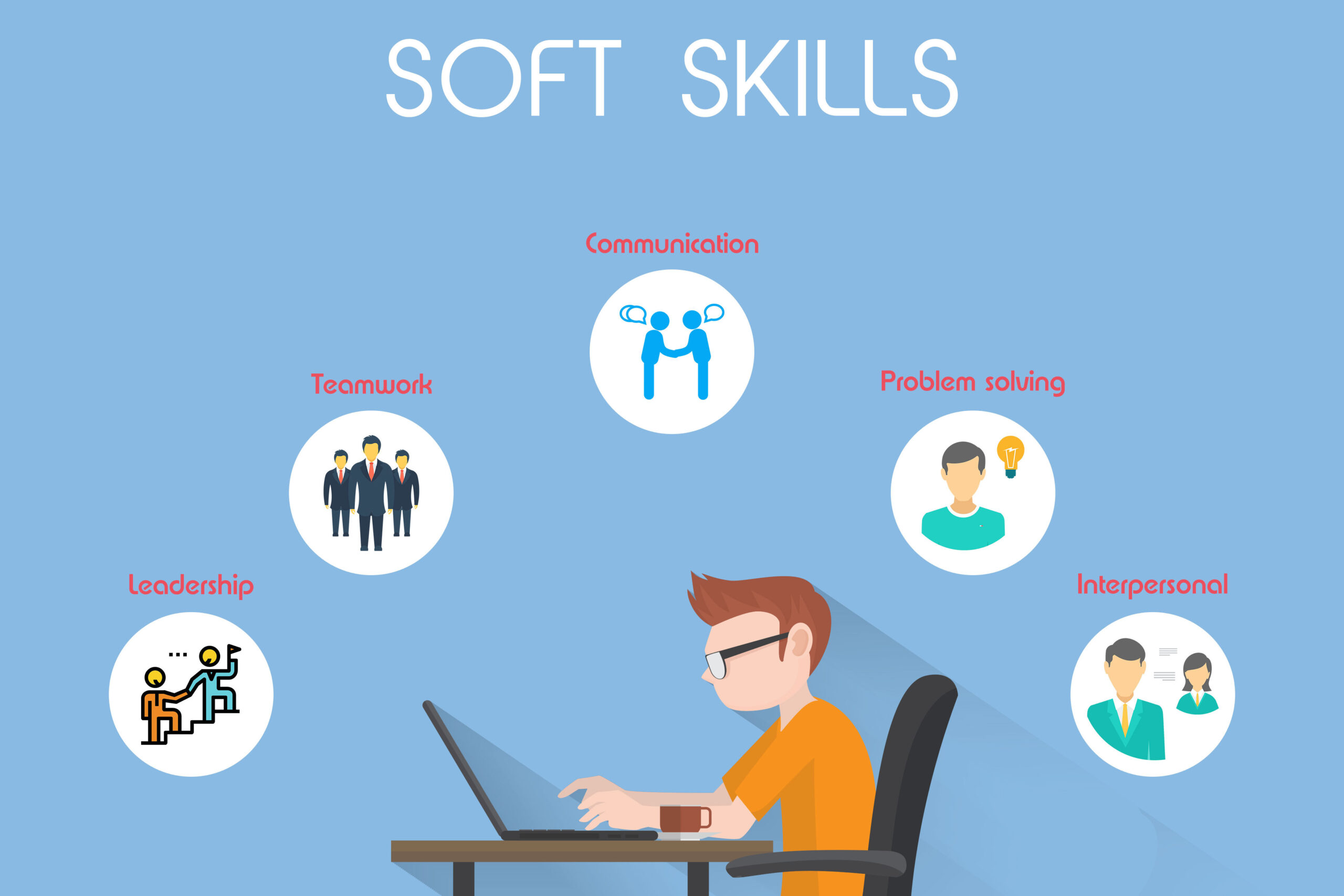Introduction:
In today’s competitive landscape, hiring the right talent is crucial for organizational success. However, the process of talent acquisition can be complex, requiring strategic planning, effective implementation, and continuous optimization. At ACE HR, we understand the challenges organizations face in attracting and retaining top talent. In this blog post, we’ll explore innovative solutions and best practices for streamlining the hiring process and building a high-performing team.
Understanding Your Talent Needs:
The first step in effective talent acquisition is understanding your organization’s current and future talent needs. ACE HR helps organizations conduct thorough workforce planning assessments to identify key roles, skills gaps, and recruitment priorities.
Crafting Compelling Job Descriptions:
A well-crafted job description is essential for attracting qualified candidates. ACE HR works with clients to develop clear, concise, and compelling job descriptions that accurately reflect the role’s responsibilities, requirements, and opportunities for growth.
Leveraging Technology for Recruitment:
Technology has revolutionized the recruitment process, offering innovative solutions for sourcing, screening, and assessing candidates. ACE HR helps organizations leverage cutting-edge recruitment technologies, including applicant tracking systems, AI-powered screening tools, and video interviewing platforms, to streamline the hiring process and identify top talent efficiently.
Building a Strong Employer Brand:
In today’s competitive job market, a strong employer brand is essential for attracting and retaining top talent. ACE HR partners with organizations to build and promote their employer brand through various channels, including social media, employer branding campaigns, and employee referral programs.
Implementing Diversity & Inclusion Initiatives:
Diversity and inclusion are not only ethical imperatives but also key drivers of organizational performance. ACE HR works with clients to develop and implement diversity and inclusion initiatives that foster a culture of belonging, respect, and equity, ultimately attracting a diverse pool of candidates and driving innovation and creativity.
Conducting Effective Interviews:
Conducting effective interviews is essential for assessing candidates’ skills, experience, and cultural fit. ACE HR offers training and support to hiring managers and interview panels, equipping them with the skills and tools needed to conduct fair, structured, and insightful interviews.
Onboarding and Retention Strategies:
The hiring process doesn’t end once a candidate accepts an offer. Effective onboarding and retention strategies are critical for ensuring new hires feel welcomed, supported, and engaged from day one. ACE HR helps organizations design and implement comprehensive onboarding programs that set employees up for success and drive long-term retention.










